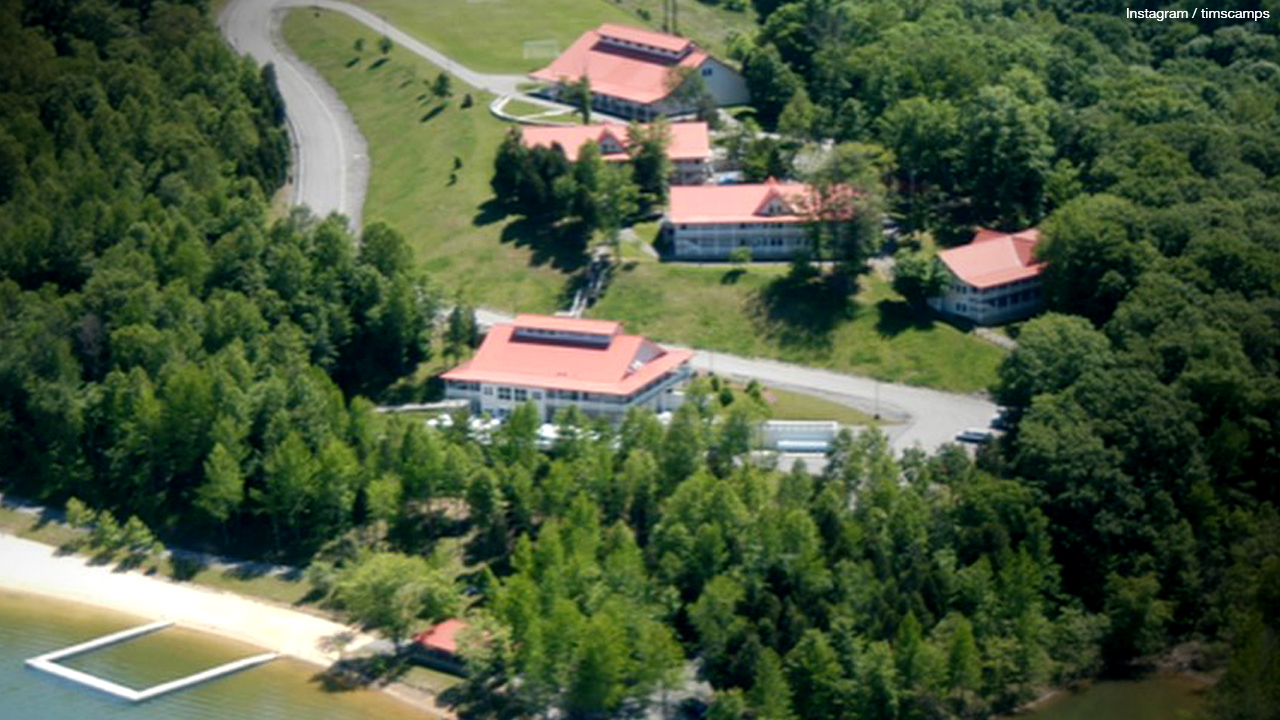Governing bodies unconcerned about widely shared, flawed data on COVID transmission
Will this paper on vaccinated vs. unvaccinated transmission remain published as is? Rebel News investigates.
In this third report, I feature the responses received from governing bodies after a flawed modelling paper went viral a few weeks ago.
The “study” was co-authored by David N. Fisman, Afia Amoako and Ashleigh R. Tuite and peer-reviewed by the Canadian Medical Association Journal (CMAJ) and spread in mainstream media like a seasonal respiratory virus.
You can view my first report highlighting the conflicts of interest and junk science here, and subsequent interview with Dr. Bryam Bridle from an immunological perspective here.
Posing media inquiries, I contacted Kim Barnhardt from the CMAJ who prompted Dr. Kirsten Patrick, Editor-in-Chief, to respond.
I contacted Fisman’s employer, the Dalla Lana School of Public Health, his regulatory body, the College of Physicians and Surgeons of Ontario (CPSO), the Ontario Medical Association (OMA) and the Royal College of Physicians and Surgeons of Canada (RCPSC).
The basis of my questions was clear.
For the journal:
- What review process took place to verify the methodology used and findings asserted in the above mentioned article?
- What protocols are in place to correct falsehoods?
- Will this paper remain published as is? Why or why not?
And for the governing bodies/employers:
- What protocols are in place to initiate an investigation of physicians accused of publishing misleading scientific information?
- How does the [governing body] uphold public trust by correcting falsehoods or reprimanding physicians engaged in public misconduct?
The largest runaround ensued between myself and Shae Greenfield, the Senior Communications Advisor at the CPSO.
That is the same regulatory body that has threatened physicians into silence and compliance with statements on Public Health “Misinformation”. It has bullied, threatened and coerced doctors trying to uphold their patients’ medical privacy; an organization that “believes questioning the value of vaccinations or countering public health best practices during COVID-19 represents a risk to the public and is not acceptable behaviour.” They have meddled in the medical practice of physicians throughout the pandemic who were simply trying to advocate for and save patients’ lives and have investigated those granting exemptions from universal masking or indiscriminate injecting.
I guess the CPSO only investigates physicians who they think are spreading public health misinformation and granting too many mask exemptions. And peer reviewing is confidential, apparently, but they demand to know who the critics are outside of the review process.
Don't Get Censored
Big Tech is censoring us. Sign up so we can always stay in touch.










